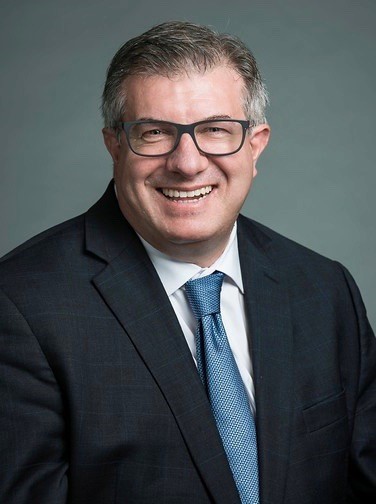In This Story

At the start of the COVID-19 pandemic, most people were eager to distract themselves from the harsh reality outside their door—but Maurice Kugler isn’t like most people. As a professor of public policy at the Schar School of Policy and Government at George Mason University, and a former senior economist at the World Bank, Kugler knew that “only by understanding what’s happening around me would I be able to formulate mitigating policies and solutions,” he said. So, he got to work.
Collaborating with economists across the globe, Kugler—who spent time as a visiting professor at Harvard University and as head of research at the United Nations Development Programme—dedicated the last three years to studying the effects of the pandemic in developing economies, those with high rates of poverty, unemployment, and illiteracy.
Although analyzing the impact of pandemics on emerging economies wasn’t on his radar before 2020, he’s become an authority on forging solutions to the pandemic’s latent effects.
Kugler said he was eager to understand “what works and what doesn’t in fighting against the adverse impacts of COVID.” In his forthcoming publication in World Development, he surveyed 40 developing economies to pull back the veil on the pandemic’s long-term effects. The results, he said, demonstrate a “dis-equalizing effect among women, young people, urban dwellers, and less-educated workers.”
These problems, he highlighted, are not new. But the pandemic certainly made them worse. The exacerbation of inequality wrought by the coronavirus, he said, has impeded “workers who are less educated from participating in the prosperity of globalization.”
“Most people don’t have investments in Wall Street,” he said. “Most people live from one paycheck to the next.”
Kugler said the emphasis on research at the Schar School is a driving force behind making his work possible. “The Schar School is amazing because it provides an excellent environment where research is not only valued but so is your impact,” he said.
Whether it’s participating in activities linked to policy implementation or testifying before Congress, the research Schar School faculty achieve “is valued by the school—that work is recognized,” he said.
Teaching his students, though, is what makes him really light up. “Schar School students are amazing. They are so dedicated, curious, and interested in learning,” he said.
And with his office in Arlington at Mason Square, he loves being just 10 minutes from Washington, D.C., another contributing factor that makes “the Schar School is so remarkable,” he said.
